|
The Khmer Rouge genocide caused a mass refugee exodus out of Cambodia that made Long Beach, California home to the largest number of Cambodian people outside of their home country. This underserved diaspora living in central Long Beach is emerging into a thriving neighborhood and business community despite having to fight for access to resources and for environmental, political, linguistic, and economic inclusion. At the heart of the district is The MAYE Center, a unique culture and healing center housed in a 100-year old carpenter-style bungalow on a very busy commercial corridor, making it a sort of open house for trauma-informed community health and healing. Before COVID-19, this sanctuary provided a social space, yoga and meditation, on-site farm and gardens, meal-sharing, and even acted as a small business incubator. Since COVID-19, many of the in-house activities have been curtailed and the MAYE Center has received funding to provide healthy meals for free to neighbors, which they provide partially in the form of gift cards to local businesses to help keep the fragile ecosystem of community markets and restaurants intact. An unexpected lifeline came in the Spring of 2020 as California’s counties and cities began relaxing policies towards outdoor dining and allowing for parking spaces, streets and pedestrian right-of-ways to be converted into safe, outdoor public spaces. In Long Beach, the Open Streets Initiative was launched “to temporarily transform public areas, including sidewalks, on-street parking, parking lots, plazas, and promenades, into safe spaces for physically distanced activity.” Like many similar programs across the state, this successful strategy began benefitting downtown and shorefront business districts, while other parts of town were slow to build outdoor spaces or even consider the benefits such an approach could provide local businesses, community organizations, or those they serve. Long Beach Fresh, the city’s food policy council and CAFPC member, brought in Placemaking US, an organization whose “United Streets of America ‘’ program was working to help equalize access to new outdoor opportunities for non-profit organizations, BIPOC led initiatives, and independent small businesses. The MAYE Center jumped at the opportunity to work on a “healthy flex zone parklet” area along the side of their property which was co-designed with them as a multi-purpose space for food distributions, community meetings and performances as well as a passive space for community gathering and even napping in hammocks. The concepts delivered by architect, Tina Govan, and the MAYE’s agricultural designer, David Hedden, were permitted by the City of Long Beach and the project launched as a Cambodian “Marklet” with a micro-enterprise Cambodian BBQ, juice press, and a street clothing company popping up in addition to free food being donated to the community. This food and place-based project continues to pop-up when local guidelines allow and it is a finalist for several forms of funding to be completed as a more permanent extension of the MAYE Center’s mission to “to help those in our community to cultivate self-healing, resiliency, and wellness through proven, culturally sensitive, and environmentally healthy means” in the community which it serves. After our experience in Long Beach, we argue for the continued openness of authorities to allow for alternative uses of the streets as pioneered by outdoor dining in the pandemic. However, equitable opportunities need to be made accessible for community uses like allowing the MAYE Center to inexpensively and effectively create a flexible outdoor environment. These spaces increase purposeful engagement with the neighborhood and create a healthy “third space” for the community to gather, connect, and build resilience.
We believe the 2020 roll-out of the relaxation of the public-right-of-way has been unequally skewed towards restaurants, especially those in privileged areas with walkable streets and business improvement districts. We hope future legislation and programs will acknowledge the necessary funding, technical assistance, community outreach, and equity of access for a diversity of neighborhoods, local marketplaces, micro-enterprises and vendors, nonprofits, and disadvantaged businesses. Food Policy Councils like Long Beach Fresh and Placemakers at Placemaking US are ready to help. This story was originally published in the 2020 California Food Policy Report. Story by Ryan Smolar. Photos by Brian Feinzimer.
0 Comments
Leave a Reply. |
AuthorsArticles contributed by placemaking experts across the US Archives
July 2024
Categories |
PlacemakingUS
|
PlacemakingUS Newsletters
|
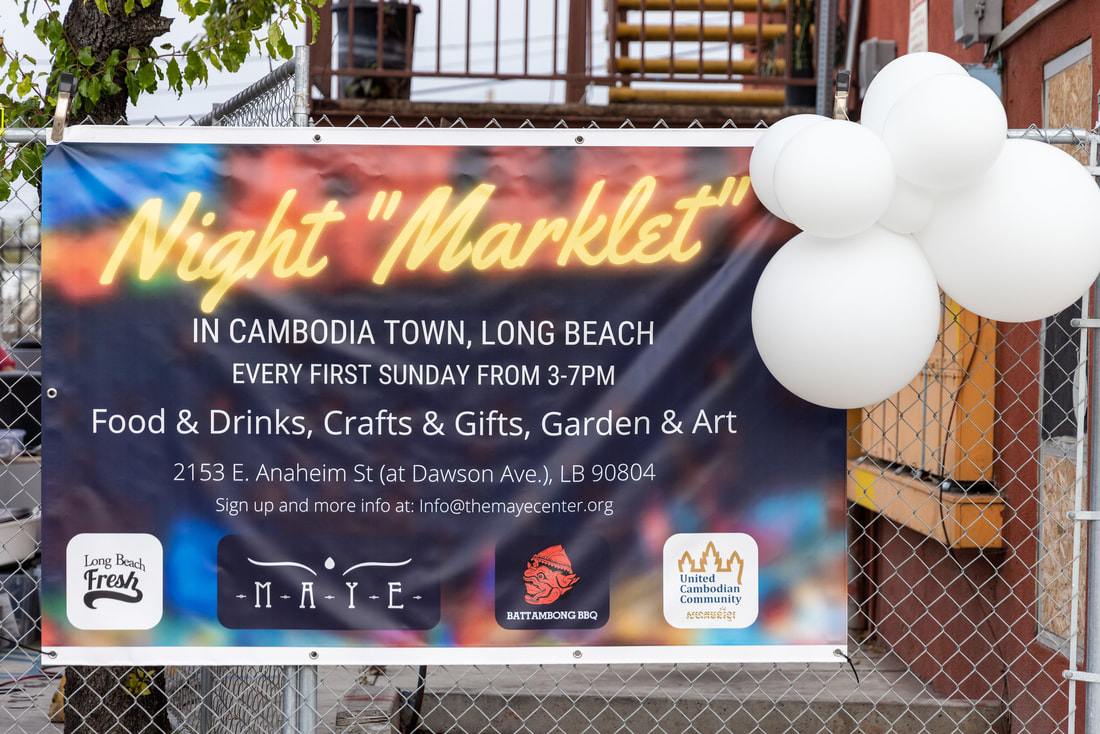
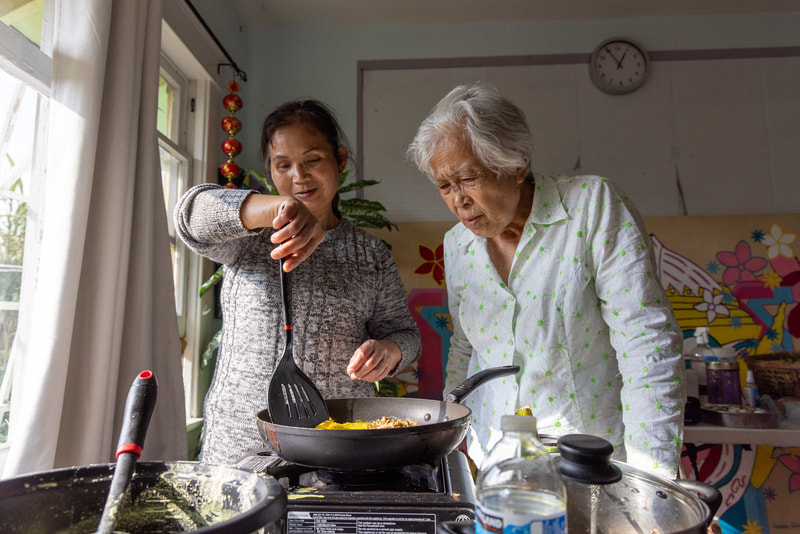
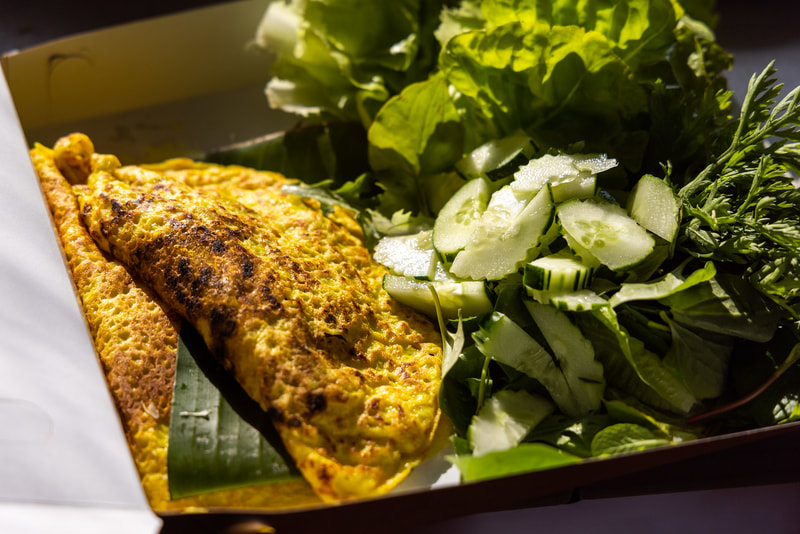
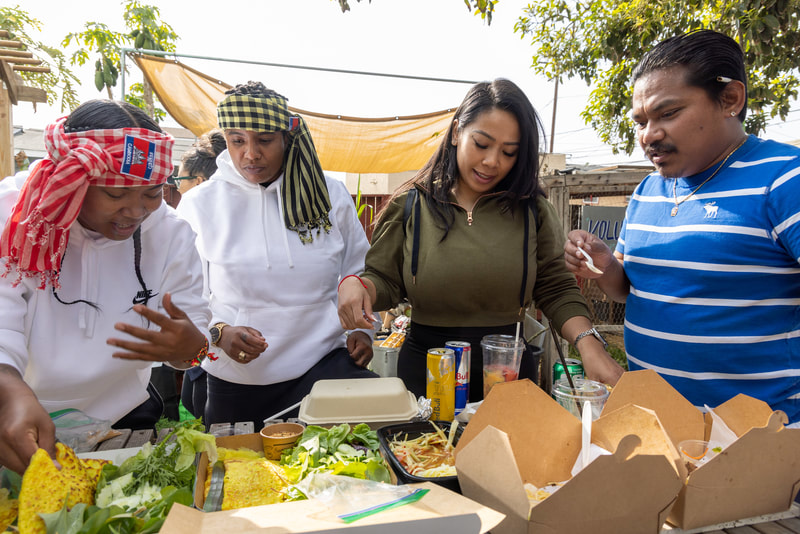
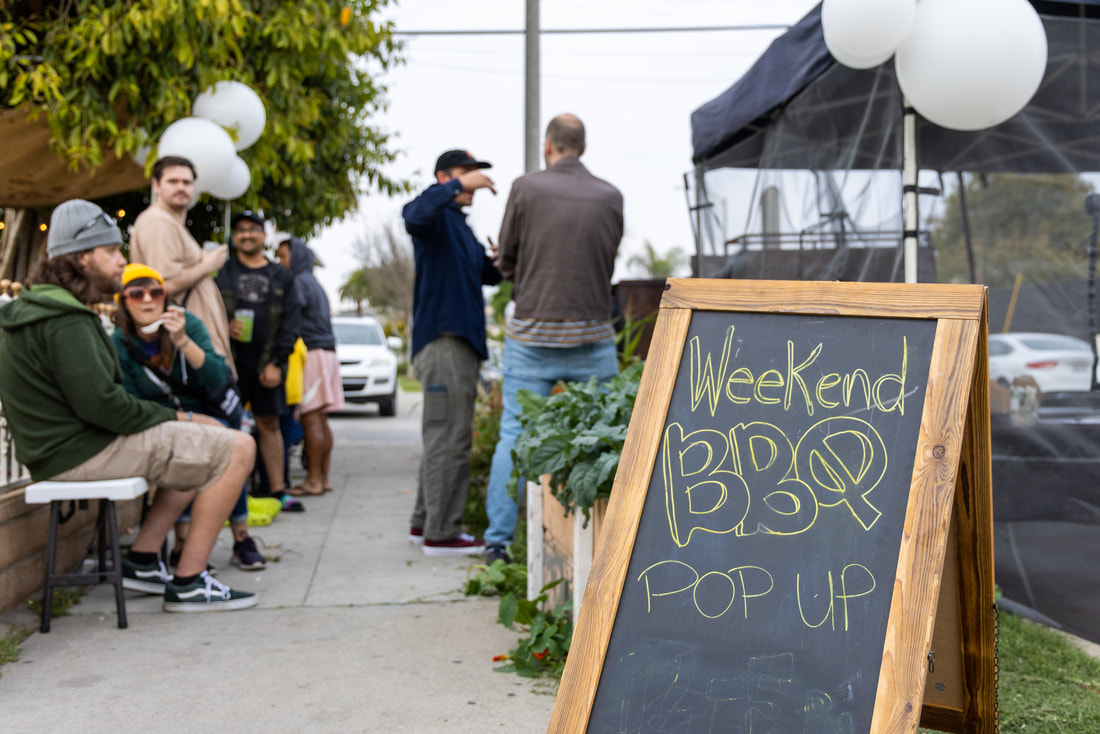
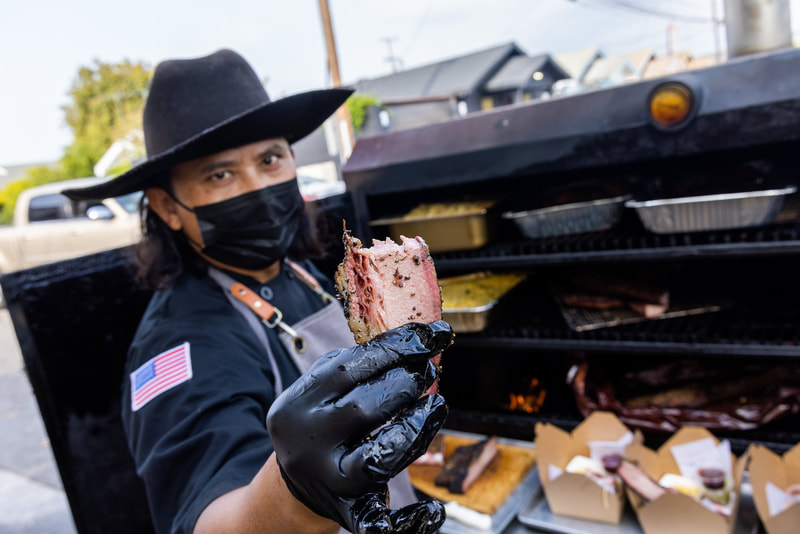
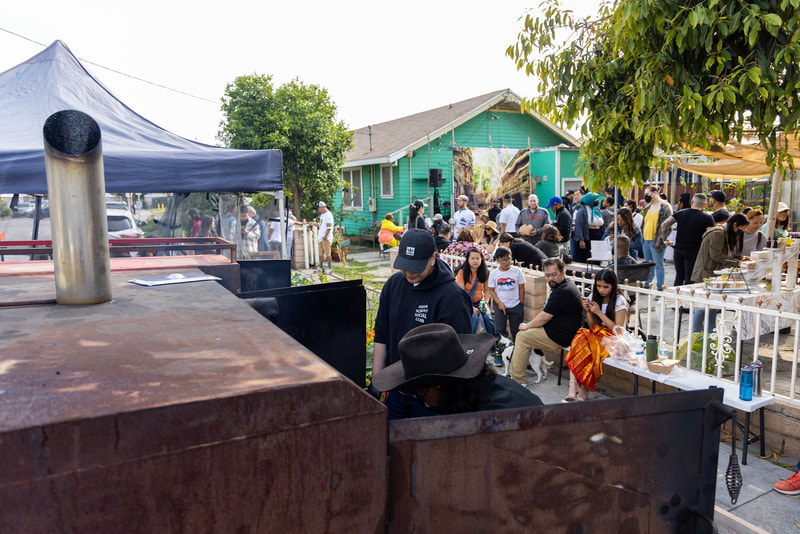
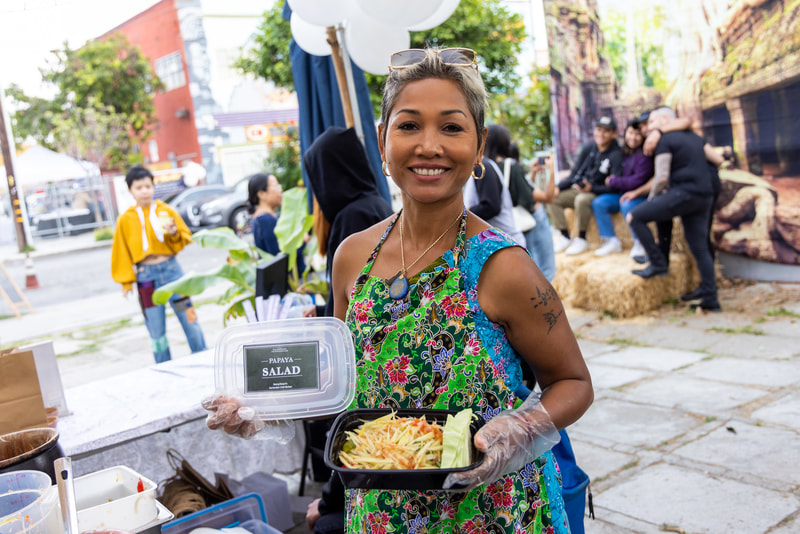
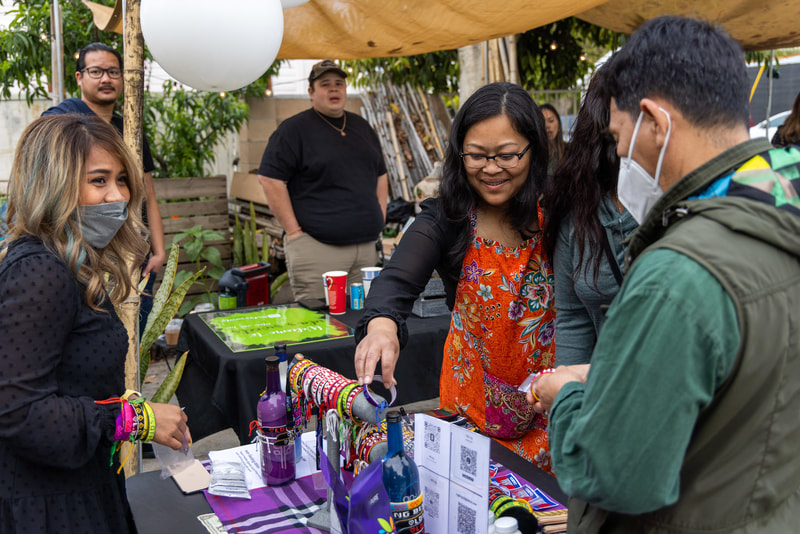
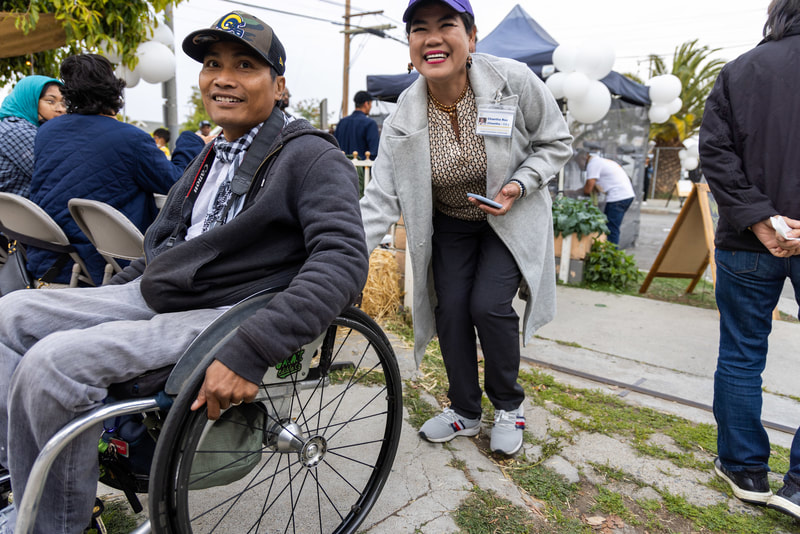
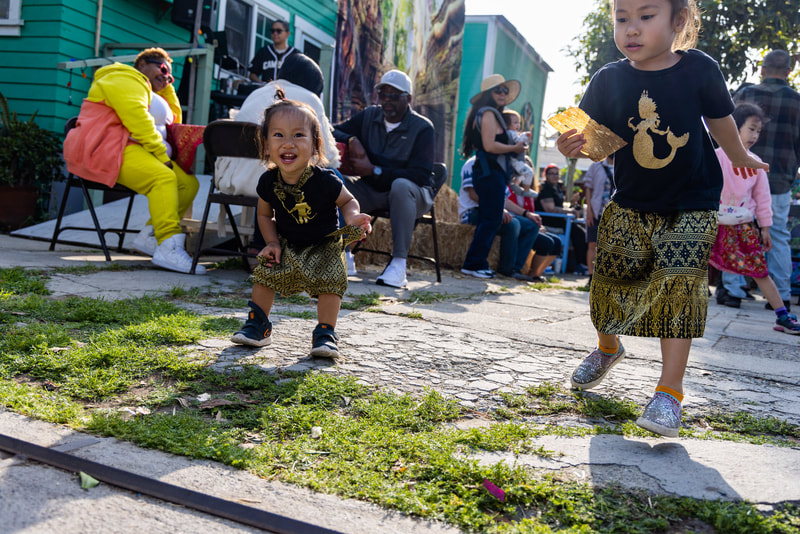
 RSS Feed
RSS Feed
